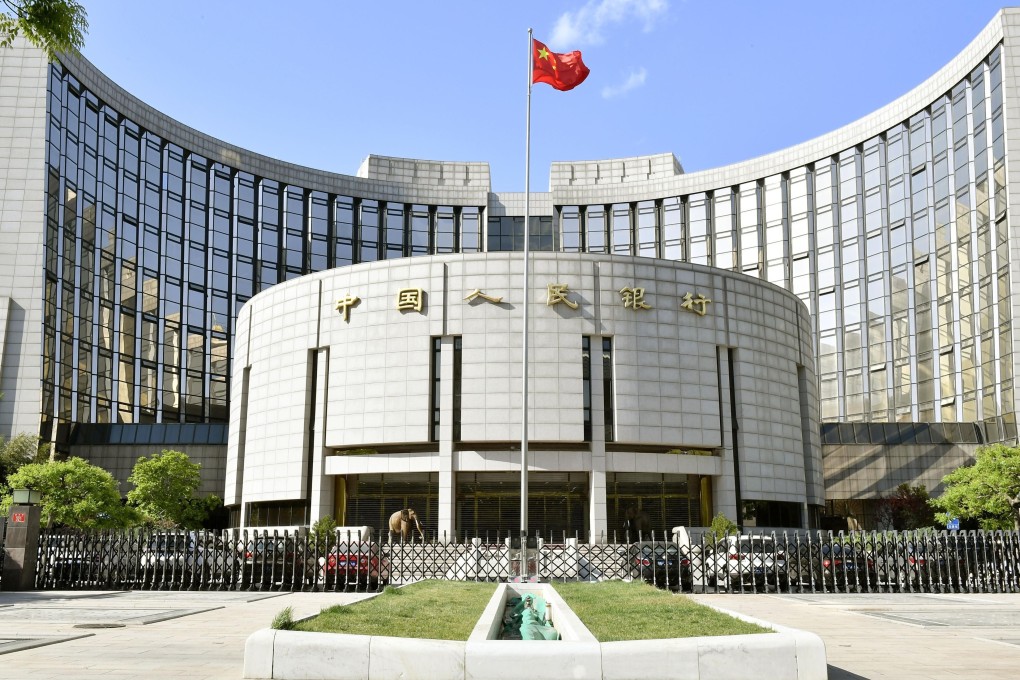Advertisement
China pushes ahead with reform of credit rating sector in campaign to cut financial risk
- China’s central bank has moved to give firms that issue debt financing instruments more choice to use external rating agencies
- Authorities have stepped up scrutiny of the domestic credit rating industry as part of a broader push to curtail financial risk
Reading Time:2 minutes
Why you can trust SCMP

Frank Tangin Beijing
China continues to take on its domestic credit rating sector, with the nation’s central bank removing rating requirements for the issuance of debt financing tools by non-financial firms.
The move gives firms that issue debt financing instruments more choice to use external ratings and promotes reform in the credit rating industry, the People’s Bank of China (PBOC) said in a statement on Wednesday.
It follows the introduction of new regulations last week by five central government bodies, including the PBOC, that increased penalties for credit rating businesses that did not comply with best practice — for example, not scoring a company’s probability of default.
Advertisement
Authorities have stepped up scrutiny of the credit rating sector and called for better guardianship of the world’s second largest bond market after a series of defaults from highly rated state-owned enterprises.
Advertisement
The defaults, which included AA-rated Yongcheng Coal & Electricity last November, rocked investor confidence and damaged the credibility of China’s rating businesses.
Advertisement
Select Voice
Choose your listening speed
Get through articles 2x faster
1.25x
250 WPM
Slow
Average
Fast
1.25x